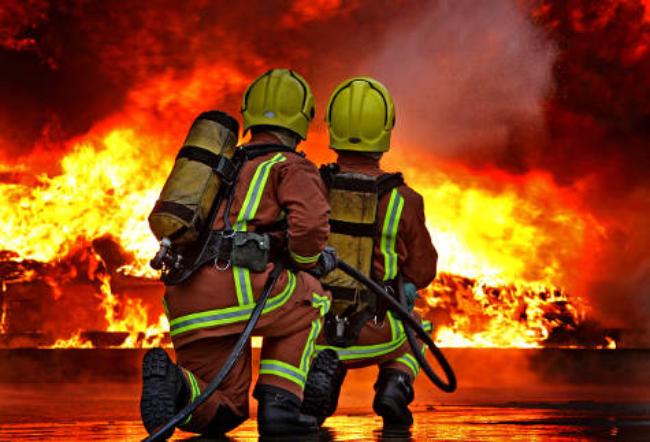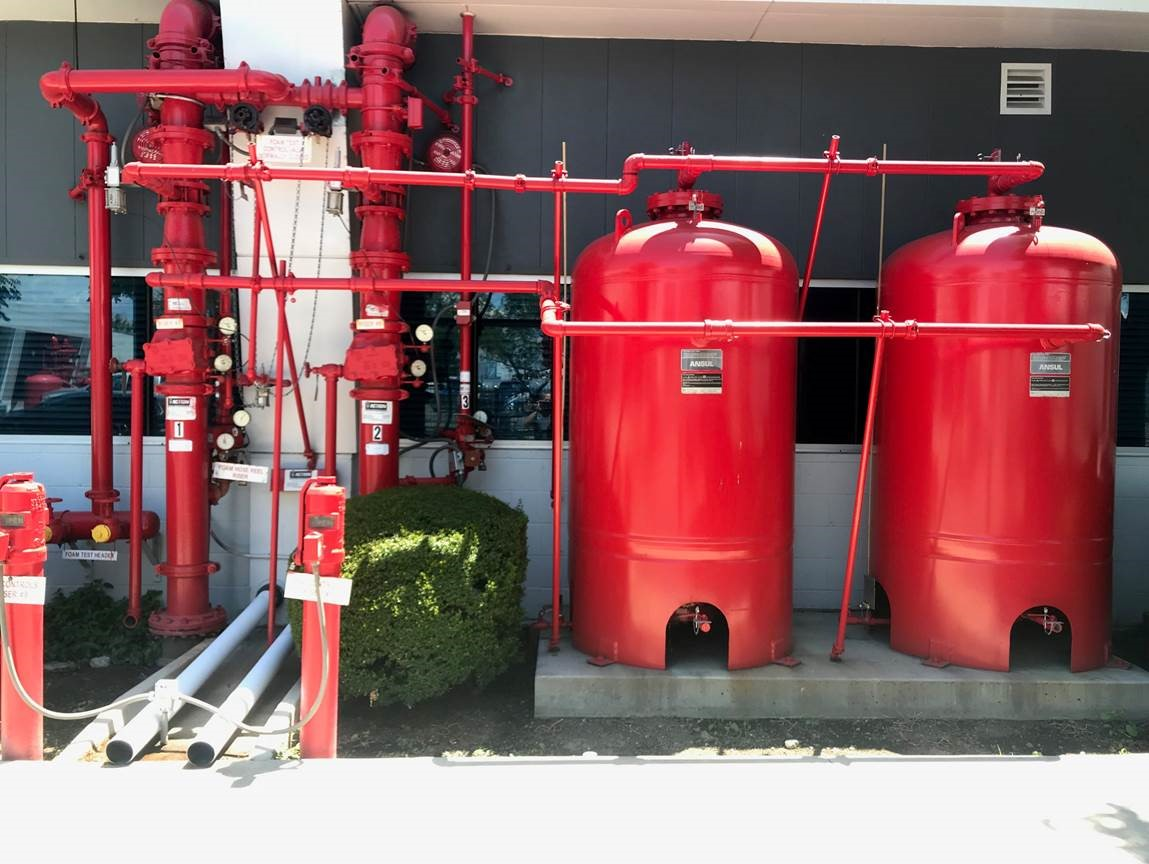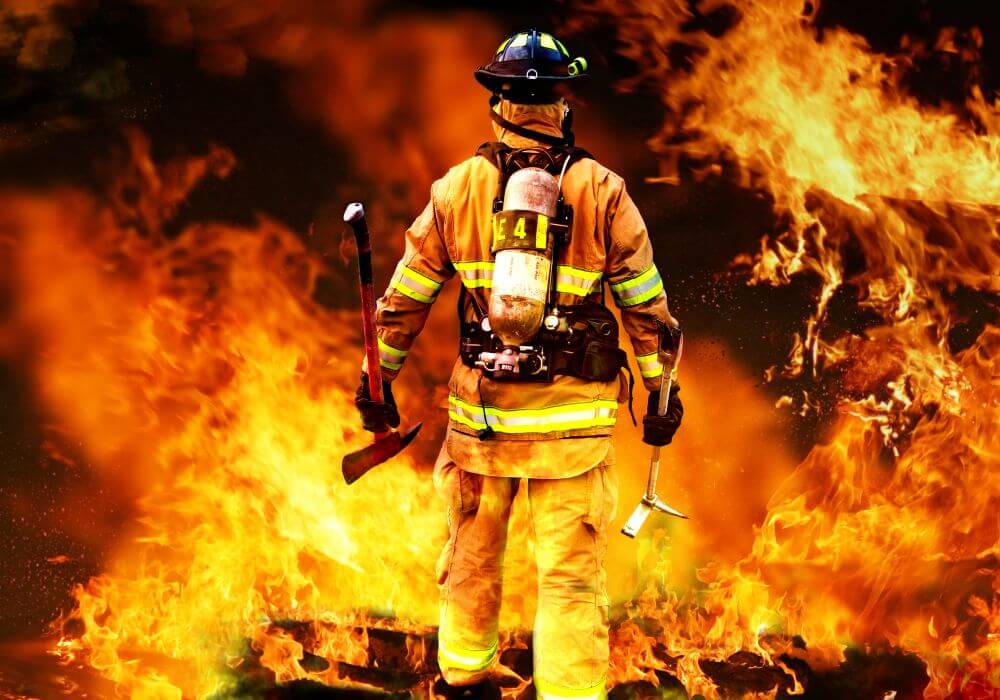

There is no single fire-training program, which can effectively satisfy the needs of industry in general. Each industry has particular fire risks and hazards associated with its operation, which require special consideration. Nevertheless, there are several basic categories of fires, which, for training purposes, effectively simulate the vast majority of fire situations Encountered in industry.
By the end of this training course, participants should be able to:
• Understand the fundamentals of fire science and behavior.
• Identify different types of fires and appropriate extinguishing methods.
• Use firefighting equipment safely and effectively.
• Implement fire prevention and safety measures.
• Establish fire risk assessment, fire control plan and ERP.
• Respond to fire emergencies and conduct evacuations.
This course is designed for:
• Employees in all industries.
• Safety officers and emergency response teams.
• Facility Managers, Supervisors & Team leaders (All Departments).
• Personnel involved in fire prevention, protection or planning.
• Anyone responsible for workplace safety and fire prevention.
This course is structured into five comprehensive modules, each focusing on key aspects of Basic Firefighting. It includes:
• 70 % Lectures, power point presentations, case studies & group discussions.
• 30% on practical groups and individual assignments.
• Written pre-training and post-training assessments.
• Continuous verbal and practical assessments throughout the training program.
• Post-training Evaluation/Feedback conducted by participants.
• Post-training Outcomes and Insights Report conducted by the trainer.
Module One: Introduction to Fire Science
• Understanding fire and its behavior.
• Understanding the fire triangle (heat, fuel, and oxygen) and the chain reactions.
• Classes of fire and their characteristics.
• Sources of Ignition.
Module Two: Fire Prevention and Safety Measures
• Identifying fire hazards.
• Implementing fire prevention strategies.
• Fire safety regulations and standards (e.g. OSHA & NFPA).
• Fire Risk Assessment (Section 13A OSH-TT Act).
• Case Study.
Module Three: Firefighting Equipment and Techniques
• Extinguishing Agents.
• Firefighting PPE & Equipment (e.g., extinguishers, hoses, Suppression Systems, blankets).
• Techniques for extinguishing different classes of fire (incl. PASS Technique for fire Ext.).
• Basics of Distribution & rating of Firefighting Extinguishers.
• Proper use and maintenance of firefighting equipment.
Module Four: Emergency Response and Evacuation Procedures
• Developing fire control & emergency response plans.
• Means of escape and safety provisions.
• Conducting fire drills and evacuations techniques.
• Roles and responsibilities during a fire emergency.
Module Five: Practical Firefighting Exercises
• Firefighting tactics.
• Utilizing Breathing Apparatus.
• Hands-on practice with firefighting equipment.
• Simulated fire scenarios and response.
• Evaluating and improving firefighting skills.
CDGA attendance certificate will be issued to all attendees completing minimum of 75% of the total course duration.
| Code | Date | Venue | Fees | Register |
|---|---|---|---|---|
| HSE218-01 | 16-03-2026 | Johannesburg | USD 6950 | |
| HSE218-02 | 21-06-2026 | Manama | USD 5450 | |
| HSE218-03 | 30-08-2026 | Jeddah | USD 5450 | |
| HSE218-04 | 22-11-2026 | Dubai | USD 5450 |

The course will introduce the key principles of safety, security and fire management, prevention and control at a primary management level and make delegates aware of and understand the vast range of ...

The history of fire accidents in industrial plants is full of total loss disasters that sometimes put the whole business to a dramatic end. The increased impact of fire accident on people and prosperi ...

There is no single fire training program, which can effectively satisfy the needs of industry in general. Each industry has particular fire risks and hazards associated with its operation, which requi ...
.jpg)
Fire Fighting in the Oil Industry" training refers to specialized instruction designed for workers in the oil and gas sector, focusing on the unique fire hazards present in such environments, proper u ...
Providing services with a high quality that are satisfying the requirements
Appling the specifications and legalizations to ensure the quality of service.
Best utilization of resources for continually improving the business activities.
CDGA keen to selects highly technical instructors based on professional field experience
Since CDGA was established, it considered a training partner for world class oil & gas institution
3012, Block 3, 30 Euro Business Park, Little Island, Co. Cork, T45 V220, Ireland
Mon to Fri 09:00 AM to 06:00 PM
Contact Us anytime!
Request Info